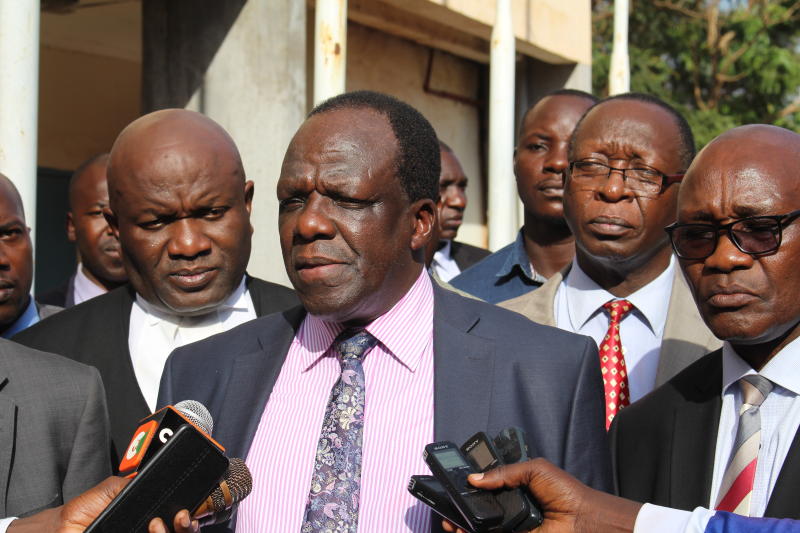×
The Standard e-Paper
Stay Informed, Even Offline

When governors across the 47 counties mooted the idea of regional blocs, they touted them as the silver bullet that would change the fortunes of their regions.
Optimism surrounding the idea was evident, as the county chiefs fell over each other to establish economic partnerships, promising residents a turnaround in their lives.